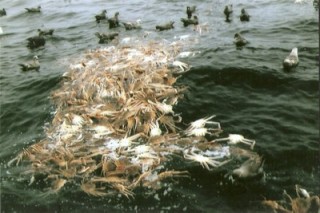ACHIEVEMENT
A collaborative effort between crab fisherman and ACF grantee the Alaska Marine Conservation Council (AMCC) has resulted in a first victory for Tanner crabs. In October 2010, North Pacific Fishery Management Council reached a decision to prohibit bottom trawling in waters vital to crab in Marmot Bay, Kodiak. They also imposed strong measures to enhance the accuracy of information on Tanner crab bycatch in groundfish fisheries. Until this decision, no specific conservation measures existed in the Gulf of Alaska (federal waters) to address Tanner crab bycatch and the effects of bottom trawl gear on crab habitat.
This decision was a step in the right direction for protecting Tanner crab and the fishing families who rely on them.
PROJECT

Beginning in 2004, AMCC worked hand-in-hand with Kodiak Island fishermen to catalyze meaningful action that would protect the sensitive Tanner crab population by expanding no-trawl zones. The fisherman were concerned about the negative effects of ground trawling on the Tanner crab population, seafloor habitats and the small-scale local crab fishery. They felt that existing protection in state waters was not providing sufficient protection.
AMCC worked tirelessly with the fishermen on a local knowledge mapping project to support requests to fishery managers to close waters to bottom trawling known to be important for Tanner crab. In the last year, AMCC led the charge to advance the issue and a Council vote was set for October 2010. At the last minute one of their main Fish and Game advocates was replaced, and AMCC needed support to bring additional fisherman to the Council meeting to testify. ACF’s rapid response grant assisted AMCC in securing the local support they needed to achieve a victory for Tanner crabs.
AMCC will continue to collaborate with fishermen to track the improved data that will come from increased monitoring which may support the call for larger habitat closures.
For more information about the project, visit AMCC online.
GRANTEES
GRANTS
- ACF awarded $1,780 rapid response grant for this project.


